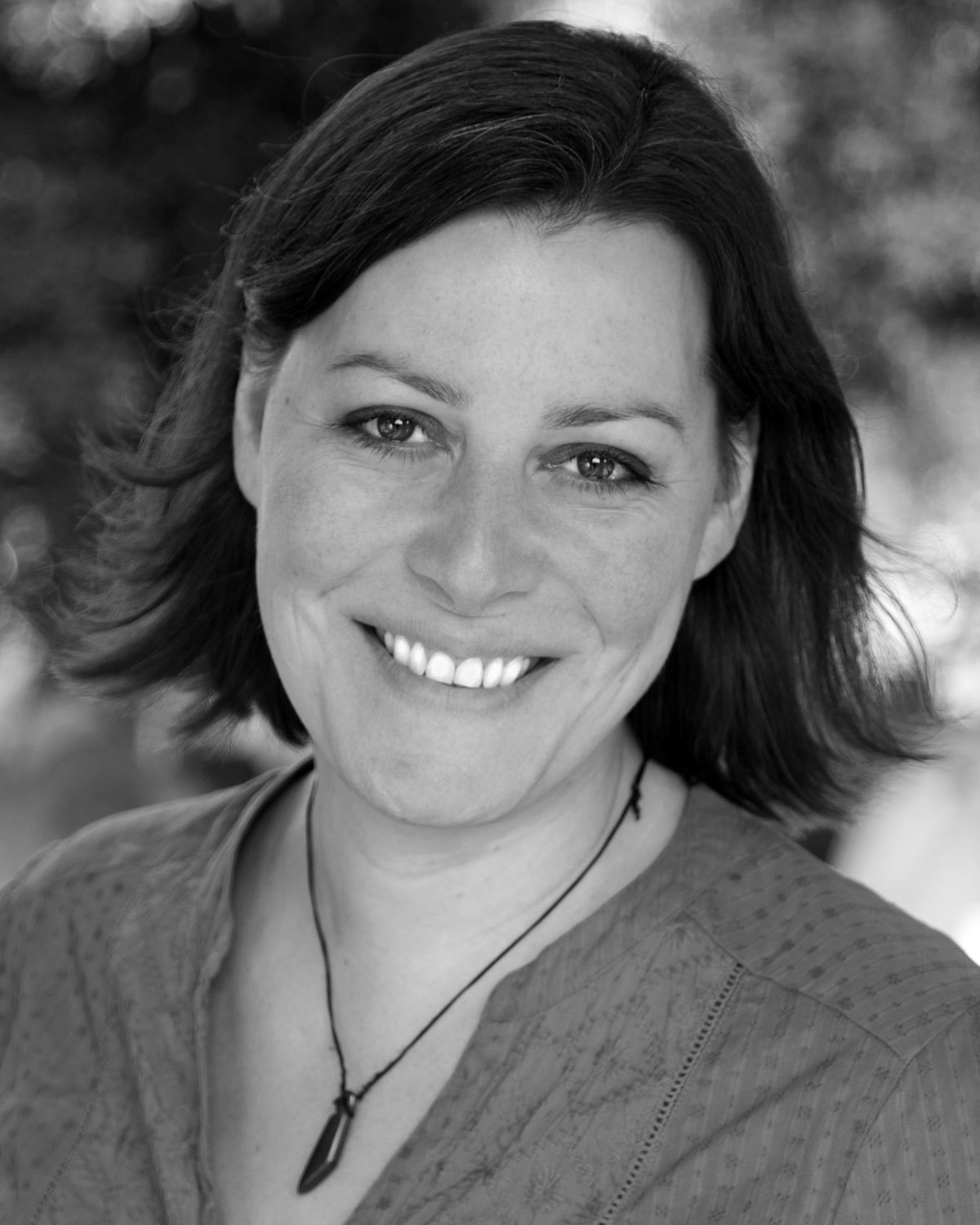Much has been said about the lack of trans roles in film, and even more said about the roles that do exist being given to cis actors. When Jared Leto was cast as Rayon in Jean-Marc Vallée’s award-winning 2013 hit Dallas Buyer’s Club, there was a huge uproar. “I have no interest in watching a cis man in drag play a trans woman ever again,” wrote Jos Truitt of Feministing. The same occurred when Eddie Redmayne was cast as historic artist Lili Elbe in The Danish Girl, and when i-D cover girl Elle Fanning was cast as Ramona, beginning her transition to Ray, in About Ray. In 2015, trans issues have become part of the cultural conversation in a way they haven’t before, with Laverne Cox being nominated for an Emmy for her role on Orange is the New Black and Caitlyn Jenner gracing the cover of Vanity Fair. That there was no uproar when Hilary Swank played Brandon Teena in Boys Don’t Cry way back in 1999, just goes to show how far we’ve come as a society in terms of accepting perceived difference. That we’re still giving trans role to cis actors proves we’ve still got a long way to go.
We asked trans actor and British comedian Rebecca Root where she stands on the debate and about her experiences in the film and TV industry. Rebecca is currently starring in the BBC comedy, Boy Meets Girl, and also plays the role of Lili Elbe’s nurse in The Danish Girl, opposite Redmayne.
As a trans actor, how accepting have you found the film industry?
Once I have been cast, there has been no problem. The fact is it is a very overcrowded industry and just getting the work in the first place is difficult.
Why do you think there is a lack of trans actors in film?
I suspect because the scriptwriters and producers who make mainstream films have only ever regarded trans* people as “issue” characters; whereas, just like people with disabilities or people from ethnic minorities, we are just people. People with stories to tell – and not all of them related to our gender expression.
Why do you think people are so angry that trans roles are being given to cis actors like Jared Leto, Elle Fanning, and Eddie Redmayne?
I think there is always going to be a strong response from a community when that community is represented in high profile media by somebody who is not from that community. Having said that, do we know for sure that Jared Leto et al aren’t closeted trans*? Assuming they are cis, of course this is likely to cause a stir. But where are the high-caliber actors who can attract an audience in a crowded market? Perhaps one day I will be cast in a feature film in a starring role – if I am very, very lucky. Would I reject a role because it was a cis character? I very much doubt it.
Why do you think there wasn’t as strong a reaction when Hilary Swank was cast in Boys Don’t Cry?
Maybe because Swank was portraying a trans man in transition? I don’t know. Maybe because she was just the right actor for the part?
Is there an argument for defending producers for casting cis actors in trans roles?
If a project needs a big name to attract an audience (eg, the Redmayne/Danish Girl project) then there is a certain legitimacy in such casting. After all, until Boy Meets Girl came along, would anyone have cared two hoots about a film starring someone called Rebecca Root? Now, perhaps they might. But 18 months ago when that film was being cast there was no chance Tom Hooper and his team would take a punt on a total unknown. Or would he…?
Trans issues are being made part of the cultural conversation in a way they haven’t before. Why do you think this is?
I suspect because society is waking up to the idea that trans/fluid/non-binary gender expression is a) far more prevalent than had previously been imagined; and b) far less scary than had previously been imagined. Trans* people are everywhere and get a load of this — we’re actually quite normal! So let’s debunk some myths and open up the hearts and minds. Let’s have those water-cooler conversations.
Do you think we will reach a point where trans actors will be cast in leading roles, regardless of their character’s gender?
Yes, I do, but I think it will take a few more years yet. I hope I will still be working in the industry to take advantage of that cultural shift.
What does gender mean to you?
It is like something untouchable on the other side of my skin. It is within. I have an outward appearance and I have an inner state – and that is my gender. That’s why you can’t look at Eddie Redmayne and say 100% this is a cis gender man – only Eddie himself can say that. We can’t see what’s under his skin and inside his heart. 20 years ago before I transitioned nobody but my very closest friends and family knew I had any issues surrounding my outward gender expression. And when I did transition you could hear the jaws hitting the floor for miles around. And yet – I have known all my life I am trans.
What are you working on at the moment?
I’m in some talks for one or two projects which I can’t really discuss right now. Naturally we’re all hoping Boy Meets Girl will be commissioned for a second series. And I’m looking forward to The Danish Girl being released (November 27) and catching my 20 seconds of screen time. Apart from that, I’m about to resume my drama school voice teaching at East 15 Acting School in London.
Credits
Text Tish Weinstock
Photography Steve Lawton
